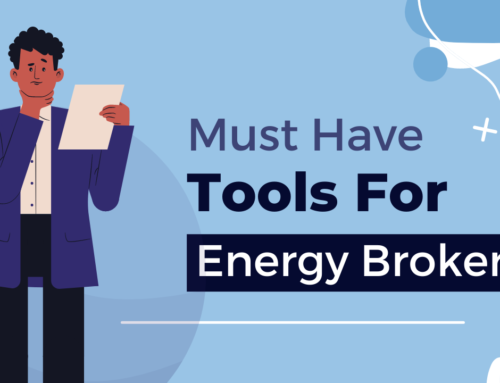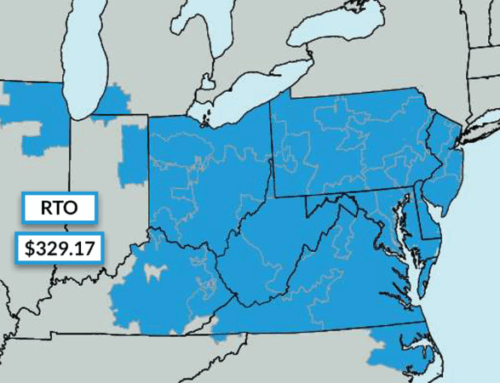The Broker Business Keeps Getting Tougher
As the retail energy industry evolves, the challenges of properly setting up a new energy broker company are also growing. Many smaller energy brokers are aligning themselves with larger broker firms to fill gaps in their business models, and some are skipping the licensing process altogether and aligning with an energy broker platform. Here are the top challenges new energy brokers face today…
1.) Securing and Maintaining Supplier Relationships
As the retail energy sector continues to consolidate, retail energy supplier relationships are harder to acquire and maintain. A decade ago, retail energy suppliers were hungry for sales and willing to partner with any licensed broker or sales organization resembling a broker shop. As the market became more sophisticated and suppliers learned their lessons with less reputable brokers, acquiring new supplier relationships proved to be more challenging. Larger suppliers like Constellation, ENGIE, and NextEra have lengthy application processes that do not guarantee acceptance merely based on broker licensing. Other suppliers, like Direct Energy, started purging inactive brokers from their rosters, presenting another problem for brokers who cannot maintain deal flow. These are the top supplier relationship challenges facing energy brokers:
2.) Commission Payment Terms and Cash Flow
Another challenge facing new energy brokers is the lack of favorable commission payment terms. More established brokers have the leverage to negotiate “up-front” or advanced commission payments from suppliers, and suppliers are more willing to advance commissions based on a broker’s credibility. Firms with established customer contracts have future commission payments suppliers can claw back against should a deal go sour. New brokers do not have this foundation and have a difficult time securing any payment structure outside of traditional monthly residual payments.
3.) Licensing and Compliance
As the retail energy industry continues to evolve, broker licensing and compliance requirements are becoming more burdensome. Many states require brokers to file the same reports as suppliers, and some of that reporting must be submitted on a quarterly basis. Keeping up with various state regulations can be challenging to a new broker that is looking to sell nationally. For that reason alone, many smaller brokers are partnering with national firms, such as Diversegy, in an effort to gain access to all deregulated markets.
4.) Administrative Sales Operations
As a new energy broker, one must determine how they are going to handle administrative and operational tasks such as pricing new deals, compiling customer contracts, communicating with suppliers, processing signed contracts, calculating sales commissions, and more. These administrative tasks can be costly to a new broker who is waiting for monthly residual commissions to build and can disable a broker that does not have the appropriate funding in place to survive its first year. Many new brokers decide to align with larger brokers like Diversegy to alleviate the burden of having to hire back-office employees.
Diversegy’s Turn-Key Energy Broker Business
Diversegy provides new brokers with a platform to grow their businesses without having to take on the challenges of starting a brokerage firm. We provide brokers with support, cash flow, supplier options, and market access so they can quickly get up and running. Join us on October 5th, 2021 for our Energy Broker Sales Platform Launch Webinar to see what Diversegy can do for you!



